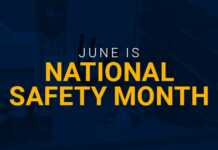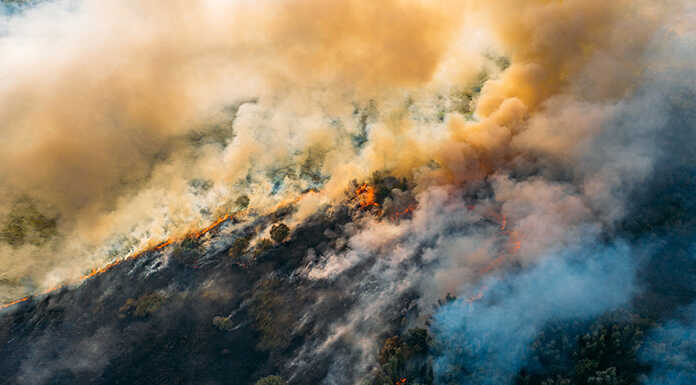A couple of years ago, Cal OSHA put in place an emergency regulation to protect workers from the harmful effects of wildfire smoke. Regulation 5141.1 states that employers must take numerous steps to protect workers who could be exposed. With California in the middle of wildfire season, it’s a good time to review the highlights.
- Monitor the Air Quality Index (AQI). If the AQI at your worksites for fine particulate matter (PM 2.5) is greater than 150 and the you “reasonably anticipate” that your employees will be exposed to wildfire smoke, then you must reduce exposure to the smoke. Visit AirAlerts.org for air quality alerts, advisories and forecasts.
- Reduce exposure. Relocate workers to enclosed buildings with filtered air or to another outdoor location where the AQI for PM 2.5 is 150 or lower. If it’s not feasible to reduce smoke exposure using these control methods, then employers must give employees the option to use air respirators, such as N95s.
- Communicate with your employees. Employers must establish a system to inform employees about AQI levels, including information about available protective measures. Encourage employees to tell you of worsening air quality and any adverse symptoms resulting from smoke exposure.
- Train employees. Educate them about the regulation, effects of wildfire smoke, obtaining medical treatment, finding AQI information, and safely using respirators.
The CA Department of Industrial Relations has more about the harmful effects of wildfire smoke. Also, visit our Policyholder Center’s Emergency Preparedness page for wildfire preparedness tips.

















